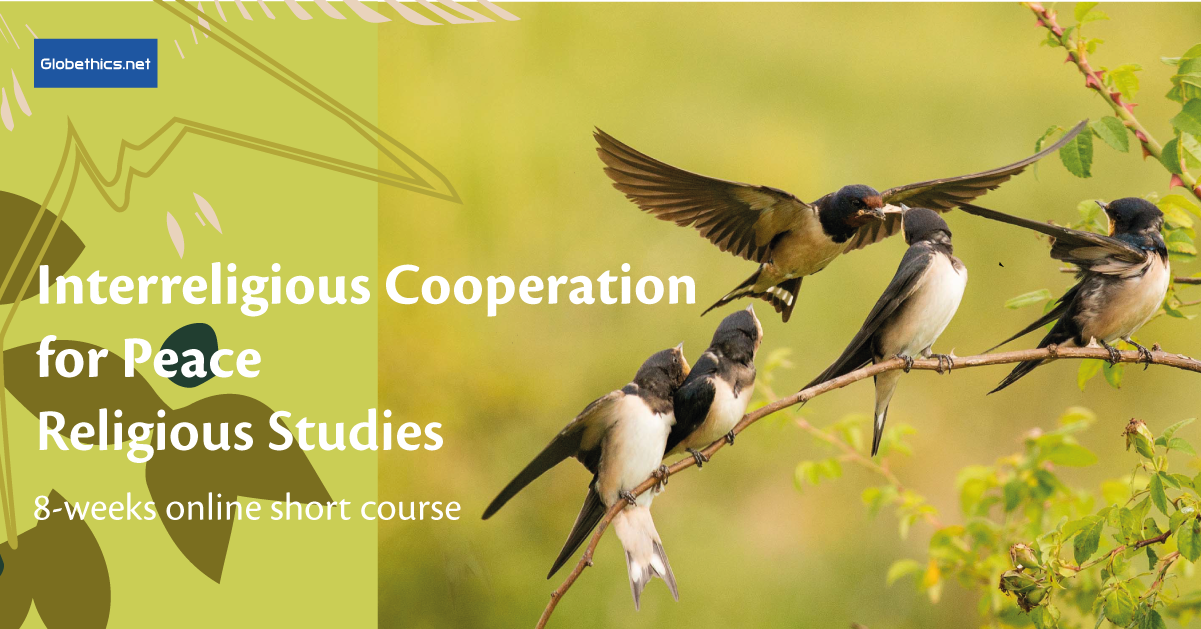
Religion sparks violence. There probably is no other societal phenomenon that creates more controversy in our times. It is, however, also valid that religions provide enormous potential for peaceful cohabitation and cooperation. The online course development project Globethics.net is currently conducting together with Jesuit Worldwide Learning sets out to explore precisely this potential. The two institutions bring a wealth of educational perspectives and ambitions to this unique learning module. GE emphasises in its academic programmes the impulses of ethics for the transformation of individuals, institutions and ultimately societies. Jesuit Worldwide Learning situates its study programmes amidst populations ‘at the margins’, primarily refugees and other uprooted communities. The shared vision of higher education that comes to fruition for both in developing this course together is encapsulated in their conviction that education across national, ethnic and religious borders can make the world a better place.
This impetus constitutes the heart of the course composed of 24 modules divided into three major sections formed around religion(s), culture and ethics. Peace, as per the underlying rationale, comes about when people listen to one another from their places of religious, cultural and social difference with the intention to understand and to work together. Ultimately, the course endeavours to build and develop skills, behavioural patterns and critical thinking around values inherent in each religious tradition that foster constructive tolerance and peaceful collaboration. The charm of this project undoubtedly evolves from the fact that it is interreligious from its inception. The course is designed for a diverse student body ranging from practitioners in interreligious and intercultural settings, community educators, social workers, religious officials, particularly in contexts of religious plurality, and more specifically for young people in today’s communities seeking orientation, tools and inspiration for interreligious praxis.
An international team of eminent scholars in the field is developing the course. They are representing four religious traditions: Buddhism, Christianity, Hinduism and Islam. Their expertise in teaching as much as their experience in engaging with diverse faith communities, and different strands articulated within their own faiths, contributes to a unique process of imagining the pedagogical journey. Their experience will aid the participants of this course to delve into crucial dimensions of religious understanding. How do we deal with reading sacred texts and different ways of interpreting them? How does our religious practice inform our self-understanding? And ultimately, what impact do our religious identities have on our societal and political claims, and vice versa? The course poses these and other questions from a perspective of a critical introspection with the view that peace amidst religious diversity is possible when the differences are not erased, but seen within a framework of shared values for the common good of all and the whole creation. The course incorporates a recurrent didactical thread throughout all three sections built on the skills-building theme of ‘deep listening’ or mindfulness. It is therefore not only a course that will offer cognitive elements, but also relevant practical tools resonating with different spiritual approaches. The study programme intends to offer a fresh and pedagogical approach to one of today’s world most critical issues: interreligious cooperation for peace.